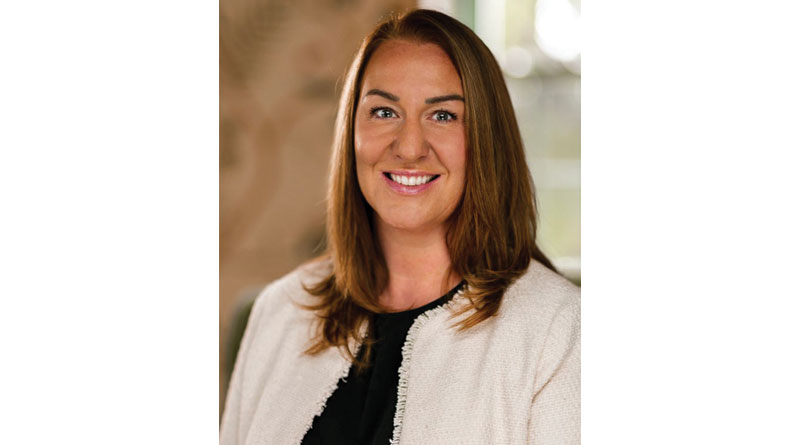Old Age ‘No Barrier’ To Sex Life According To New Study
Comments by Caroline Naidoo, Managing Director of KYN (https://www.kyn.co.uk/about-kyn)
It’s harder to find romance in your 40s than it is in your 70s according to a new study out today, with midlifers not just citing a lack of opportunities (45%) but also low confidence (51%) and health problems (49%).
Challenging the misconception that older adults are neither sexually active nor interested in sex, one in five people (20%) over the age of 70 claim to be sexually active. And it’s not just those in early retirement who are intimate – 14% of men and women age 80-84 agree with this statement too.
More than 1,000 18–69-year-olds and 600 over 70 year olds took part in The 70 Up Study, which was inspired by the seminal ‘Up’ TV documentary series (the last instalment aired in 2019 and starred the original cast in their 63rd year; the director Michael Apted died in 2019), and was commissioned by later-life-care innovator KYN (www.kyn.co.uk) to challenge some of the biggest misunderstandings about age and aging.
Proving romance is alive and well in later life, a third of the over 70s who participated in the study (36%) said their desire and libido has not gone away with age while nearly a half (48%) are more confident about what they want from a relationship now than when they were younger. Six per cent said their libido is greater now than it was 10 years ago.
While this age group typically have fewer sexual partners than other generations, 5% have had two or more romantic relationships in the last five years. Suggesting there is little difference between young and old when it comes to displays of affection, 30% of people over the age of 70 are intimate (hugging, kissing, holding hands and/or sexual activity) ten or more times a month compared to 36% of 18-69 year olds.
Despite this, it is younger generations who are significantly more likely to believe that sex among older people is completely taboo than those aged 70+ (12% compared to 7%). Small wonder 37% of those over 70 said their experience of sex and relationships is not represented in the media. Over seven in ten (71%) agree that if society was more willing to talk about sex and intimacy around ageing, barriers could be broken down to make older people feel less ignored.
KYN has released the research to unpack older people’s thoughts, attitudes and actions to show age doesn’t mean you don’t or can’t think, feel or behave how you did in your formative years. The findings have inspired further innovation from KYN as leaders in later-life-care. Identifying the growing need to support older couples who are either separated by care needs or move into a new home after a lifetime of independent living, it is set to train a team to support residents in maintaining their relationships. The KYN life-enrichment team has been trained to help residents experience intimacy, facilitate dates, express themselves and talk about their feelings – whether that’s supporting new relationships or helping them deal with ones in their present or past. This includes date nights, holidays, special experiences and private time personalised to the couple. KYN, the innovators of later life care, hope the training will help debunk stereotypes around ageing and lead to more people living in care homes being given greater independence and choice when it comes to making and maintaining relationships.
Caroline Naidoo, Managing Director of KYN said: “At KYN, we value the importance of older people feeling connected with friends, family, partners and society. Growing older doesn’t mean you lose your identity, and as a society we have a responsibility to see people of all ages as individuals, who have urges and want to live their lives to the fullest. We aim to challenge the stereotypes surrounding sex, relationships and intimacy to help older people feel more comfortable in themselves – and for younger people to accept them in this way.”
“Personal experiences from older people have shone a light on their reality, highlighting the importance of supporting our residents’ relationships. We hope this study will help younger generations recognise that older people are just like any other individual and seek connections just as any person would.”

